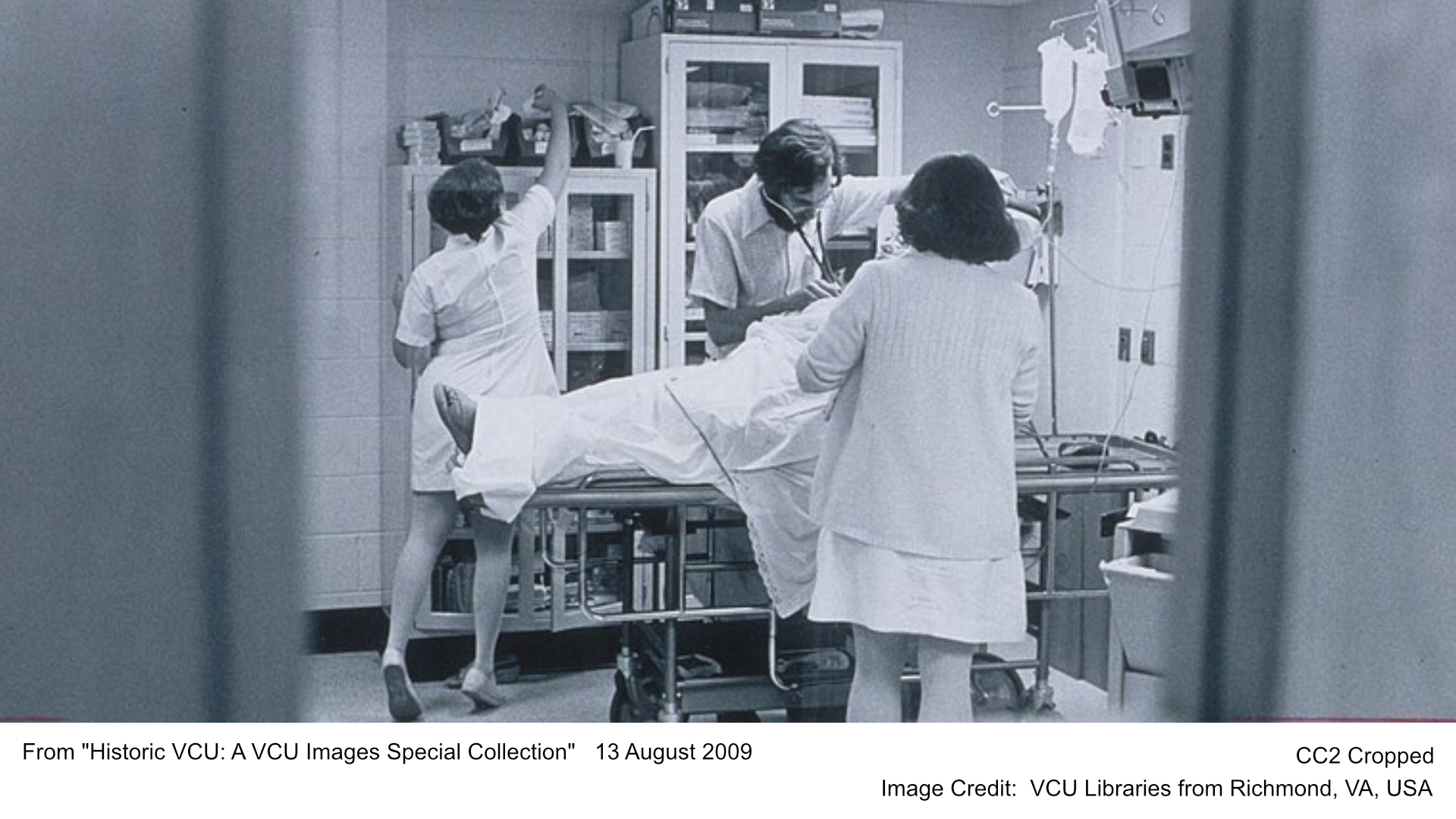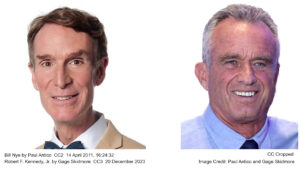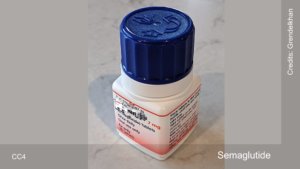Emerging medical innovations promise to shape healthcare in 2025, according to NBC medical contributor Dr. Natalie Azar. These developments range from expanded eligibility for weight loss drugs to the rise of cancer vaccines. The healthcare landscape is set to transform, offering improved treatments and preventative measures for various conditions.
- Weight Loss Drugs Expansion: Innovations like tirzepatide offer expanded access to effective treatments for obesity, addressing related conditions like diabetes and heart disease.
- Cancer Vaccines and Gene Therapy: Personalized medicine advances include cancer vaccines and gene therapies for genetic disorders, promising more precise and effective treatments.
- AI-Driven Diagnostics: Enhanced imaging tools and AI analytics improve early detection and treatment of diseases, especially in cancer and neurological conditions.
- Telemedicine and Mental Health: Telehealth’s growth ensures broader access to care, while emerging therapies like psychedelic-assisted treatment show promise for mental health challenges.
Dr. Azar points to recent advancements in weight loss medications. These new drugs, such as tirzepatide, offer hope for patients struggling with obesity. By expanding eligibility criteria, more individuals can access effective treatments to manage their weight. This approach aids in combating obesity-related health issues like diabetes and cardiovascular diseases.
The rise of cancer vaccines is another significant innovation. These vaccines aim to prevent or treat certain types of cancer by enhancing the body’s immune response. Researchers are developing vaccines for cancers like melanoma and cervical cancer, hoping to reduce cancer incidence rates. This development aligns with the broader trend of personalized medicine, which tailors treatments to individual patients’ needs.
Dr. Azar also highlights improvements in diagnostic tools. Advanced imaging technologies and AI-driven analytics enhance early disease detection, leading to better patient outcomes. For example, AI algorithms help radiologists identify anomalies in medical images with greater accuracy. This advancement speeds up diagnosis and enables timely interventions, crucial in conditions like cancer and neurological disorders.
Another area of progress is gene therapy. These therapies offer potential cures for genetic disorders by correcting faulty genes. Recent breakthroughs have made gene therapy more accessible and affordable. Scientists are optimistic about its applications in treating conditions like cystic fibrosis and muscular dystrophy.
Telemedicine continues to evolve, offering patients convenient and accessible healthcare options. The COVID-19 pandemic accelerated telehealth adoption, and its benefits remain evident. Patients enjoy reduced travel time, quicker consultations, and access to specialists regardless of location. This trend is expected to grow, with more healthcare providers integrating telemedicine into their services.
Mental health treatments are also advancing, with new therapies and medications emerging. Researchers are exploring psychedelic-assisted therapy as a potential solution for treatment-resistant depression and PTSD. These therapies show promise in clinical trials, offering hope to patients who have not responded to traditional treatments.
These innovations represent just a fraction of the medical advancements anticipated in 2025. As healthcare technology progresses, patients can expect improved treatments and outcomes. Dr. Azar notes that these developments require collaboration among researchers, healthcare providers, and policymakers. By working together, they can ensure these innovations reach those in need and improve healthcare systems globally.
- NBC News – “Emerging medical innovations in 2025: Dr. Natalie Azar’s insights.”
- National Institutes of Health (NIH) – “Advances in gene therapy and cancer vaccine research.”
- JAMA – “The impact of AI and telemedicine on modern healthcare.”







Be First to Comment